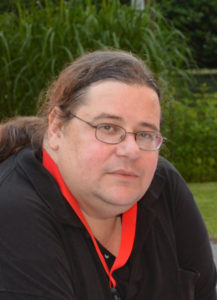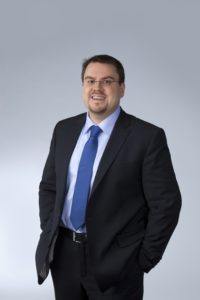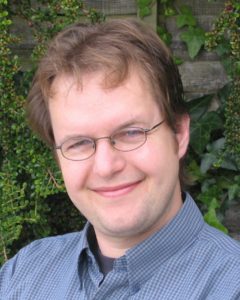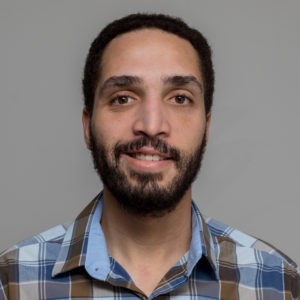Dr. Ali Roshanghias | June 25, 2019 | 10:30 | B04.1.06
Abstract:
In this talk, the back-end processing and integration technologies of MEMS devices will be addressed. Unlike electronics IC packaging, MEMS packaging in not well-established, is expensive (up to 80% of the product total cost and is custom-built. Here, we will introduce the basics of MEMS packaging in different levels of integrations. The common backend processes will be covered in this talk such as wafer dicing, wafer thinning, wafer bonding, molding and over-molding, die-attach, solder bumping and wire bonding, etc. We will also briefly introduce the state of the art and future trends of MEMS packaging and some terminologies such as 3D integration with and without TSVs, FOLWP, C2C, C2W, W2W, SiP, SiB, for MEMS integration will be described.
CV:
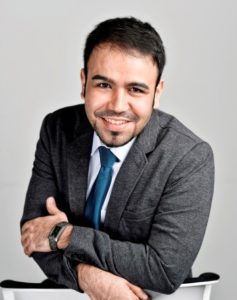 Dr. Ali Roshanghias is currently a senior researcher and project manager in the field of MEMS packaging at CTR Carinthian Tech Research AG. He recieved his PhD in materials science and technology from Sharif university of technology, Iran at 2012. Afterwards he pursued his career as a post-doc fellow at Nagaoka university of technology, Japan and Vienna universtity, Austria in the field of electronic materials and packaging. In 2015 he joined the CTR Carinthian Tech Research, Austria as a material scientist in the field of heterogeneous integration technologies and MEMS/ Power packaging. He has published over 30 papers on materials synthesis and characterization and is a verified peer-reviewer of Elsevier science.
Dr. Ali Roshanghias is currently a senior researcher and project manager in the field of MEMS packaging at CTR Carinthian Tech Research AG. He recieved his PhD in materials science and technology from Sharif university of technology, Iran at 2012. Afterwards he pursued his career as a post-doc fellow at Nagaoka university of technology, Japan and Vienna universtity, Austria in the field of electronic materials and packaging. In 2015 he joined the CTR Carinthian Tech Research, Austria as a material scientist in the field of heterogeneous integration technologies and MEMS/ Power packaging. He has published over 30 papers on materials synthesis and characterization and is a verified peer-reviewer of Elsevier science.

